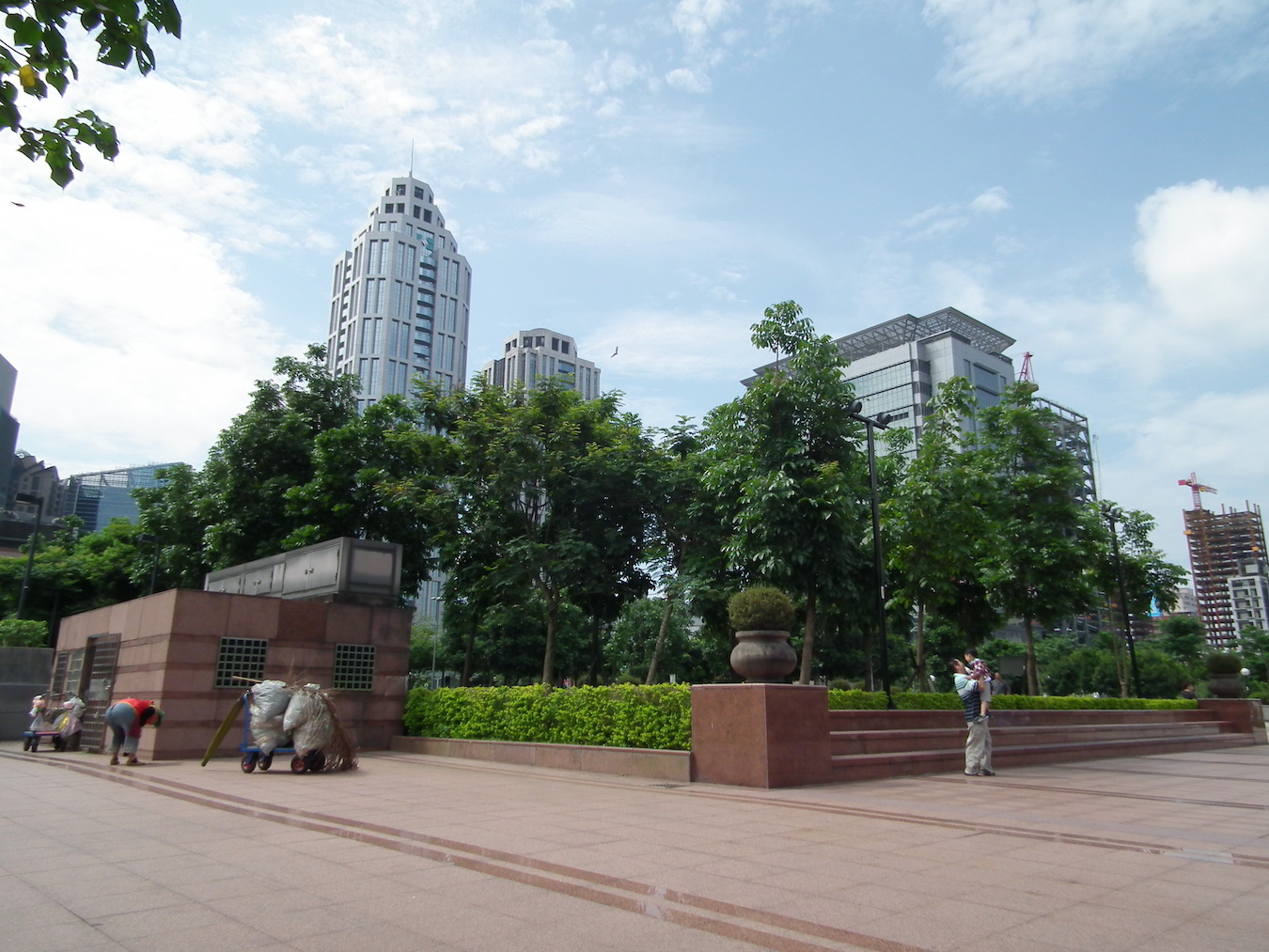by Brian Hioe
語言:
English
Photo Credit: lienyuan lee/WikiCommons/CC BY 3.0
A SCANDAL HAS broken out after students were found to have been given sleeping pills at a preschool in Banqiao, New Taipei.
After reports by 17 parents, police detained the school’s principal and seven teachers at the school. Two searches of the school were conducted. Eventually, a teacher surnamed Chao was found to have been responsible for drugging the students with barbiturates. Six of the teachers have now been released on bail.
While details are still unclear, Chao is thought to have been responsible for giving the student the sleeping pills and has also been accused of improper corporal punishment of students.
Chao was originally detained by police for questioning on May 18th and arrested, but was released on 20,000 NT bail. The second round of searches, as part of which the other teachers were detained, was carried out at 6 AM on June 6th.
It is unclear what Chao’s motivations were, though Chao may have meant to pacify the students with sleeping bills. Nevertheless, the incident perhaps points to the larger issue of abuse of children in Taiwanese schools.
Corporal punishment in Taiwan made international headlines in 2017 after a seven-year-old student practicing judo died from a brain hemorrhage after being body-slammed a total of 27 times by his instructor and other students. The instructor, surnamed Ho, was not a licensed instructor but was teaching students their second week of judo classes.

Photo credit: lienyuan lee/WikiCommons/CC BY 3.0
Ho believed that the student, surnamed Huang, was faking a headache, as a result of which he ordered another student to throw him, and then started body-slamming the child himself. After ten times, Huang began vomiting, but Ho continued. After Huang became unresponsive, an ambulance was called, though there was already bleeding from the brain by then.
After seventy days in a coma, Huang was eventually taken off life support and died. Ho was sentenced to nine years in jail for violating Article 112 of the Protection of Children and Youth Welfare and Rights Act and Article 277 of the Criminal Code.
Other incidents of corporal punishment include a five-year-old dying and a six-year-old sustaining brain injuries in a care facility in Taoyuan. The care facility was for children with mental or physical disabilities, but the staff at the care facility shook the five-year-old child, who was surnamed Fang and autistic, violently and placed tape over his neck. Though Fang began rolling around in pain, biting his fingers and hitting his head, he was not assisted by care facility workers. Fang subsequently died the next day, after his parents took him home and noticed his injuries.
As for the six-year-old child, surnamed Wu, she was tied to a chair for a three-hour epileptic episode and was not treated or taken to the hospital. This led to her sustaining permanent brain injuries.
Last year, other incidents of corporal punishment against students included the Yuan Ming Junior High School punishing students that did not comply with a dress code, which was in itself illegal. Some students at the school reported being punished close to every day.
Furthermore, in September of last year, an elementary school student was awarded 30,000 NT in compensation by the Shilin District Court because they were ordered to climb up and down a set of stairs repeatedly while their classmates watched. This was in punishment for not turning in a test, skipping a temperature check, and failing to turn in a lesson that they were supposed to copy three times over.
More generally, then, Taiwan has issues with regard to corporal punishment against young students. This perhaps extends to the recent incidents in Banqiao, then, in that Chao may have been drugging his students to keep them incapacitated or as punishment, based on other actions. Perhaps what this points to is the need to reform punitive measures in schools, in that this is continuously an issue in educational establishments in Taiwan.
What is hopeful is greater discussion of such issues regarding corporal punishment. This takes place in a similar timeframe to greater scrutiny of cases of sexual assault and harassment in educational institutions in Taiwan. It is still to be seen whether there will be any systematic attempt at reform of what is clearly a recurring issue in Taiwan.



